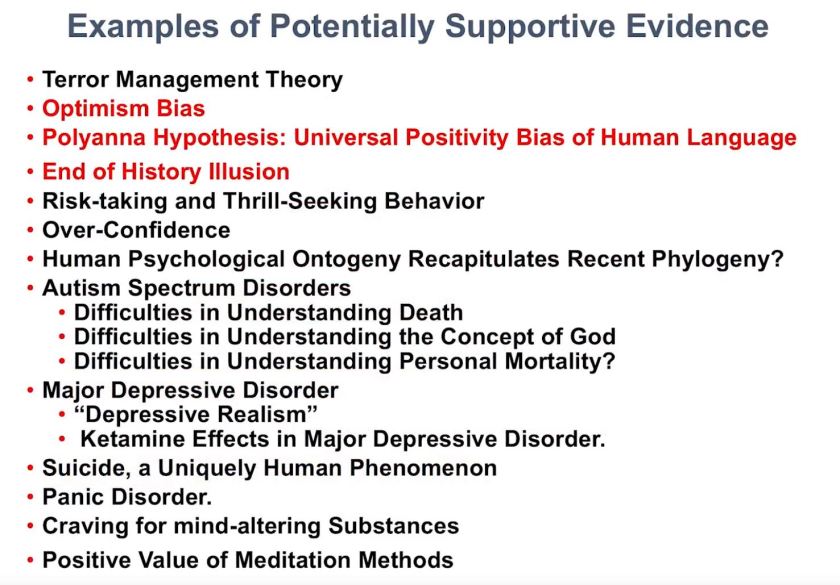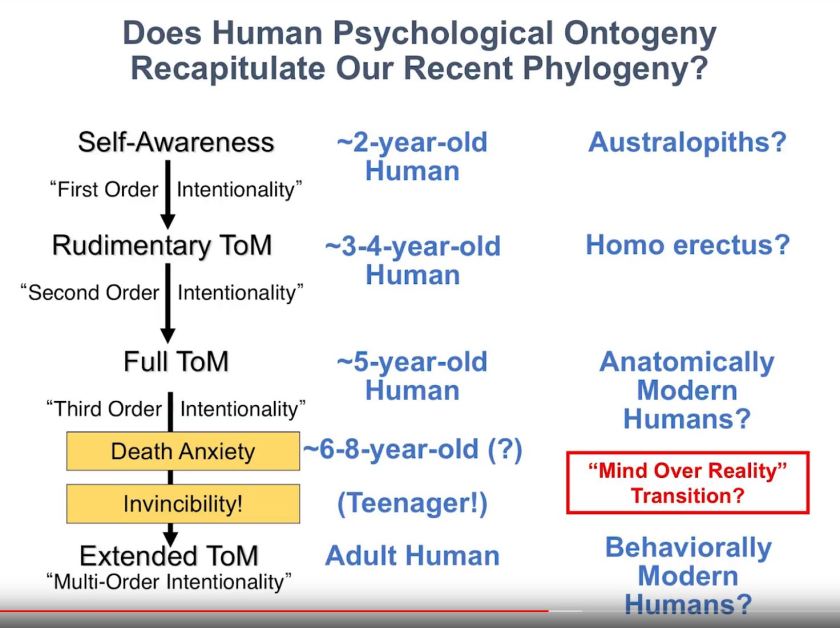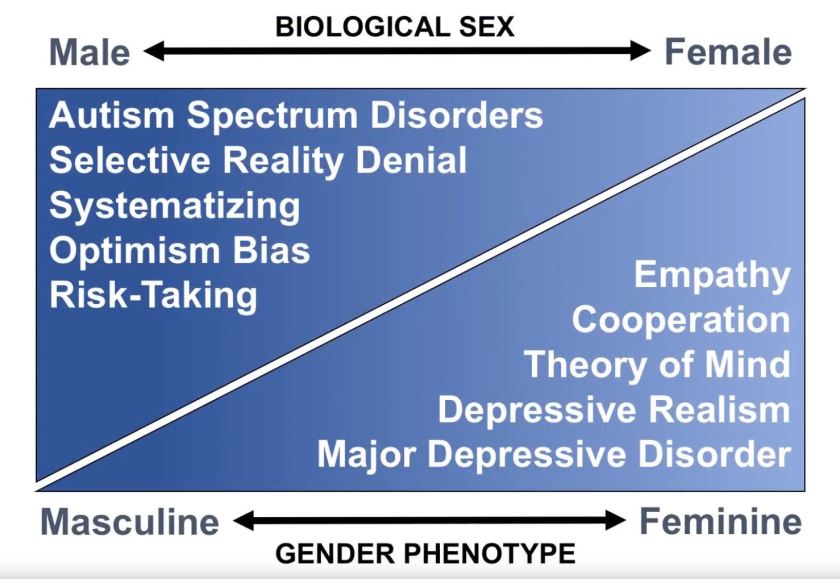
I’m resurrecting a 2011 essay by one of my favorite minds on the planet.
Tom Murphy is a brilliant physicist with an impressive catalog of essays on energy related issues. If you prefer to watch rather than read, then this video is a favorite of mine.
After searching for a solution to our energy predicament and concluding that we are in serious trouble, and that we are being extremely unwise by not planning for a world with less, Tom Murphy went quiet. As have many other great minds. A worrying sign.
https://dothemath.ucsd.edu/2011/12/the-future-needs-an-attitude-adjustment/
Here are a few excerpts but the whole thing is worth a read.
Over the years, my diligent observation of people has led me to a deep insight: people want stuff. I know—bear with me as I support my argument. Donald Trump. Okay, I think I’ve covered it. No, it’s true. On the whole, we don’t seem to be satiable creatures. Imagine the counter-examples: “No thanks, boss. I really don’t need a raise.” “I’m done with this money—anybody want it?” “Where should I invest my money to guarantee 0% return?” (Answer: anywhere, lately.) I’m not saying that the world lacks generosity/charity. But how many examples do we have of someone making $500,000/yr (in whatever form) and donating $400,000 per year to those in need, figuring $100,000/yr is plenty to live comfortably? I want names (and actually hope there are some examples).
This basic desire for more has meshed beautifully with a growth-based economic model and a planet offering up its stored resources. The last few hundred years is when things really broke loose. And it’s not because we suddenly got smarter. Sure, we have a knack for accumulating knowledge, and there is a corresponding ratchet effect as we lock in new understanding. But we have the same biological brains that we did 10,000 years ago—so we haven’t increased our mental horsepower. What happened is that our accumulation of knowledge allowed us to recognize the value of fossil fuels. Since then, we have been on a tear to develop as quickly as we might. It’s working: the average American is responsible for 10 kW of continuous power production, which is somewhat like having 100 energy slaves (humans being 100 W machines). We’re satisfying our innate need for more and more—and the availability of cheap, abundant, self-storing, energy-dense sources of energy have made it all possible.
See the Do the Math post on peak oil for particulars on one scenario that has me worried. In brief, a declining petroleum output leads to supply disruptions in many commodities, price spikes, decline of travel/tourism industries, international withholding of oil supplies, possibly resource wars, instability, uncertainty, a sea change in attitudes and hope for the future, loss of confidence in investment and growth in a contracting world, rampant unemployment, electric cars and other renewable dreams out of reach and silly-sounding when keeping ourselves fed is more pressing, an Energy Trap preventing us from large scale meaningful infrastructure replacement, etc. There can be positive developments as well—especially in demand and in “attitude adjustments.” And perhaps the market offers more magic than my skeptical mind allows. But any way you slice it, our transition away from fossil fuels will bring myriad challenges that will require more forethought, cooperation, and maturity than I tend to see in headlines today.
People often misinterpret my message that “we risk collapse,” believing me to say instead that “we’re going to collapse.” It’s interesting to me that the concept of collapse is taboo to the point of coming across as an offensive slap in the face. It clearly touches an emotional nerve. I think we should try to understand that. Personally, this reaction scares me. It suggests an irrational faith that we cannot collapse. If I did not think the possibility for collapse was real, I might just find this reaction intellectually intriguing. But when the elements for collapse are in place (unprecedented stresses, energy challenges, resource limitations, possible overshoot of carrying capacity), the aversion to this possible fate leaves me wondering how we can mitigate a problem we cannot even look in the eye.
Note: Varki’s book, which provides a plausible explanation for our inability to discuss, let alone act on, obvious human overshoot, was published after this essay.
Others react by an over-use of the word “just.” We just need to get fusion working. We’ll just paint Arizona with solar panels. We’ll just switch to electric cars. We just need to go full-on nuclear, preferably with thorium reactors. We just need to exploit the oil shales in the Rocky Mountain states. We just need to get the environmentalists off our backs so we can drill, baby, drill. This is the technofix approach. I am trying to chip away at this on Do the Math: the numbers often don’t pan out, or the challenges are much bigger than people appreciate. I have looked for solutions to things we can just do to alleviate the pressures on the system. With the exception of just reducing how much we personally demand, I have been disappointed again and again. I’ll come back to personal reduction in the months to come: lots to say here.
Aside from the cadets, the message was clear from reactions that growth is a sacred underpinning of our modern life, and that we must not speak of terminating this regime. After all, how could we satisfy our yearning for more without the carrot of growth dangling in front of us? Some argue that we need growth in the developing world in order to bring humanity up to an acceptable standard of living. I am sympathetic to this aim. So let’s voluntarily drop growth in the developed countries of the world and let the underdogs have their day. Did I just blaspheme again? I keep doing that. I perceive this compassion for the poor of the world as a cloak used to justify the base desire of getting more stuff for ourselves. Prove it to yourself by asking people if they would be willing to give up growth in (or even contract) our economy while the third world continues growing for the next half-century. You may get rationalizations of the flavor that without growth in the first world, the engine for growth in the third world would be starved and falter: they need our consumer demand to have a customer base. I’m skeptical. I think people just want stuff—even if they’ve got lots already.
Many look to political leaders for, well, leadership. But I’ve come to appreciate that political leaders are actually politicians (another razor-sharp observation), and politicians need votes to occupy their seats. Politicians are therefore cowardly sycophants responding to the whims of the electorate. In other words, they are a reflection of our wants and demands. A child who has just been spanked for throwing a tantrum would probably not re-elect their parent if allowed the choice. We all scream for ice cream. Why would we reward a politician for leading us instead to a plate of vegetables—even if that’s what we really need. Meanwhile we find it all too easy to blame our ills on the politicians. It’s a lot more palatable than blaming ourselves for our own selfish demands that politicians simply try to satisfy.
My basic point in all this is that I perceive fundamental human weaknesses that circumvent our making rational, smart, adult decisions about our future. Our expectations tend to be outsized with respect to the physical limitations at hand. We quickly dash up against ideological articles of faith, so that many are unable to acknowledge that there is an energy/resource problem at all. The Spock in me wants to raise an eyebrow and say “fascinating.” The human in me is distressed by the implications to our collective rationality. The adult in me wants less whining, fewer temper tantrums, realistic expectations, a willingness to sacrifice where needed, the maturity to talk of the possibility of collapse and the need to step off the growth train, and adoption of a selfless attitude that we owe future generations a livable world where we can live rich and fulfilling lives with another click of the ratchet. Otherwise we deserve a spanking—sorry—attitude adjustment. And nature is happy to oblige.













